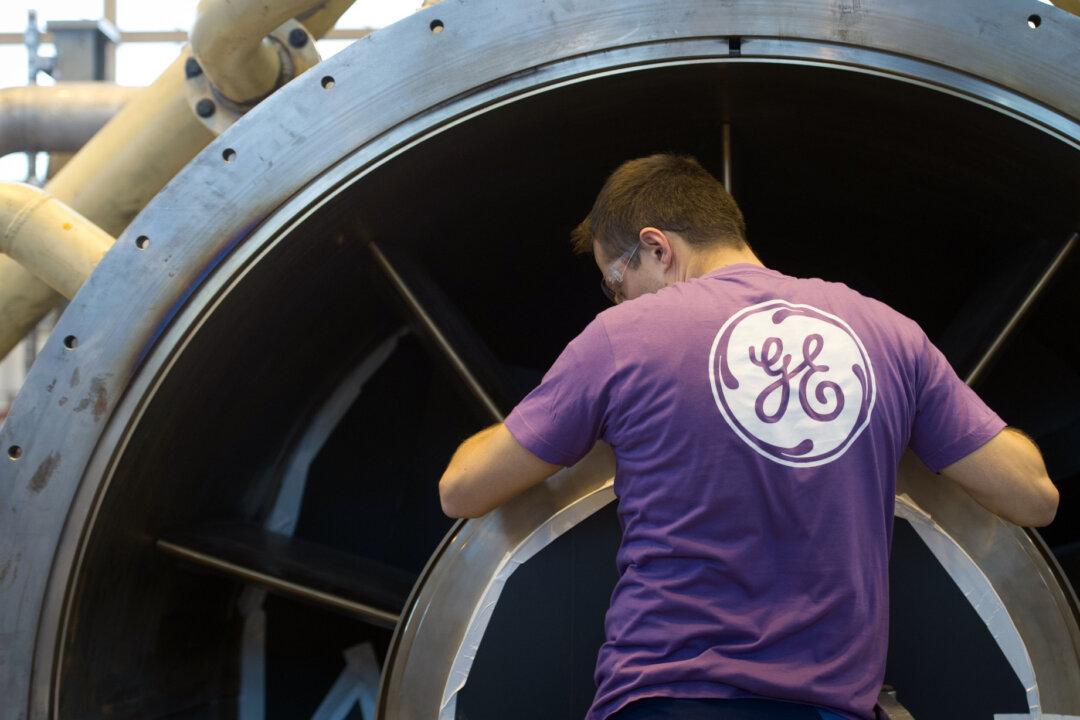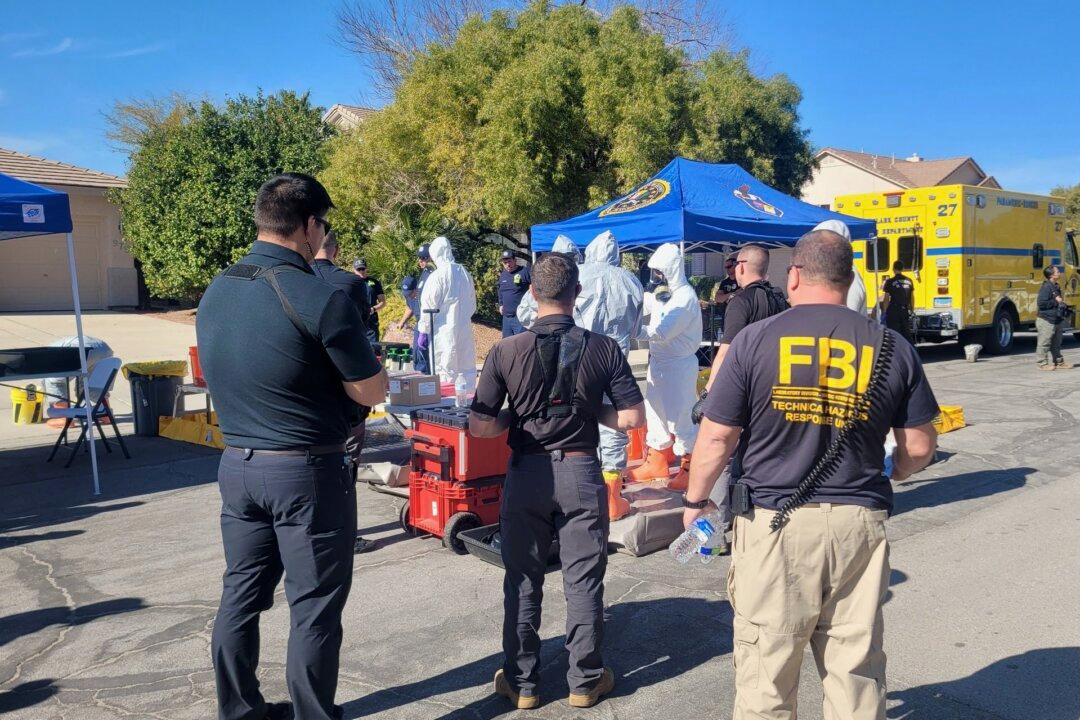The head of the FBI counterintelligence unit in southern Ohio testified in the espionage trial of Xu Yanjun, a Chinese agent accused of recruiting spies to steal tech from U.S. aviation companies, reported media WCPO.
FBI supervisory special agent Bradley Hull told a U.S. District Court in Cincinnati on Monday that Chinese agents had downloaded 200 family photos of an engineer at General Electric (GE) as part of their bid to coerce him to become a spy.





